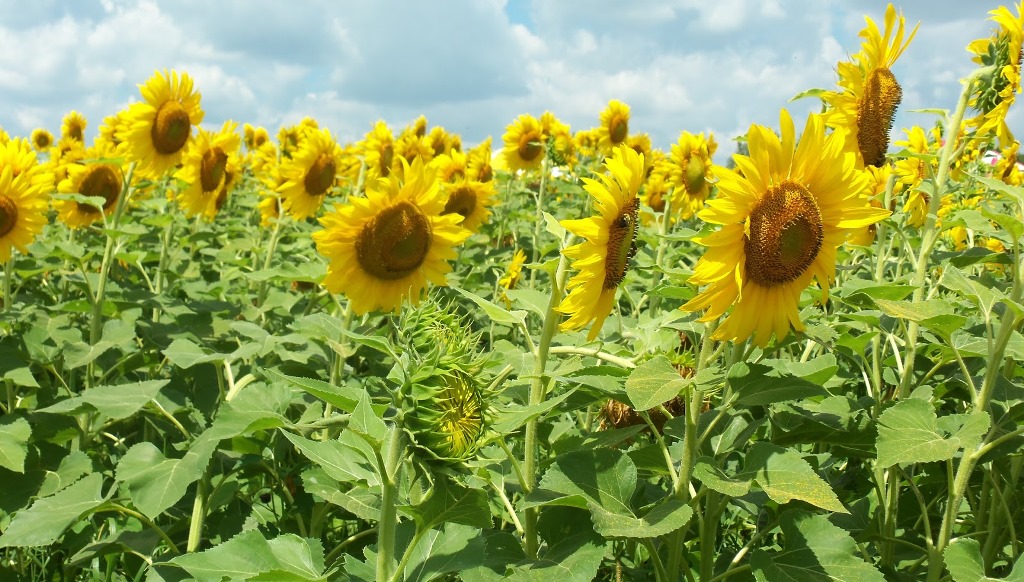AfricaPress-Tanzania: THE government has decided to increase efficiency in sunflower production as it plans to reduce its edible oil import dependency, Minister for Agriculture, Prof Adolf Mkenda, said yesterday.
Prof Mkenda explained that the government would ease its control and regulatory muscles to allow investors and smallholder farmers to access export markets and agronomy services respectively.
“There are too many regulatory requirements which are detrimental to domestic producers,” he said at a technical meeting, which brought together experts to review policies governing sunflower production.
Increasing demand for cooking oil has been fuelled by the coronavirus pandemic effects in international producing countries while climate change has had serious effects on farmers and local producers.
The minister, who also visited Pyxus Agriculture Tanzania, a company planning to export its high quality oil to European markets, said the government had not banned the export of crude oil and that delays by some government officials to clear containers had a negative effect on improving the livelihoods of smallholder farmers.
Tanzania produces 270,000 tonnes of edible oil annually, but it has been importing about 600,000 tonnes to feed its local market demand.
According to the minister, 43.3 per cent of the domestic cooking oil results from sunflower. “We have the potential to meet the country’s edible oil demand,” he said.
Unfortunately, the minister explained, smallholders were struggling to make a profit from their land. Experts say improved farming practices can result in up to 10 tonnes per hectare.
In Tanzania, however, smallholders harvest only less than a tonne per hectare.
Pyxus Agriculture Tanzania Managing Director Malcolm McGrath said their company was producing 20,000 metric tonnes annually and had the capacity to increase production by six-fold.
The director said the company had contracted smallholders, commercial and independent farmers from Dodoma, Iringa, Morogoro, Manyara, Singida, Tabora and Kigoma.
“The only problem is that the cost of production is still high compared to our overseas competitors,” he said.
He urged the government to help enhance compliance with contractual growing and buying agreement especially among smallholders.
“We are facing export delays at ports. Without good reason authorities in Manyara have also frozen our plans to work with farmers which could affect nearly 25 per cent of our production volume,” he said.
Chairman of the Association of Sunflower Processors in Dodoma Region Ringo Iringo, said there is high demand for sunflower seeds among local farmers and imported seeds are extremely expensive.
“We recommend the government to establish block and commercial farmers as well as increase smart farming,” he said.
Director of Crop Development in the Ministry of Agriculture Enorck Nyasebwa said the expert meeting would help develop a roadmap to edible oil dependency in the country.
He said there had been an increase in the demand of Tanzanian produced sunflower oil in India and South African markets.







